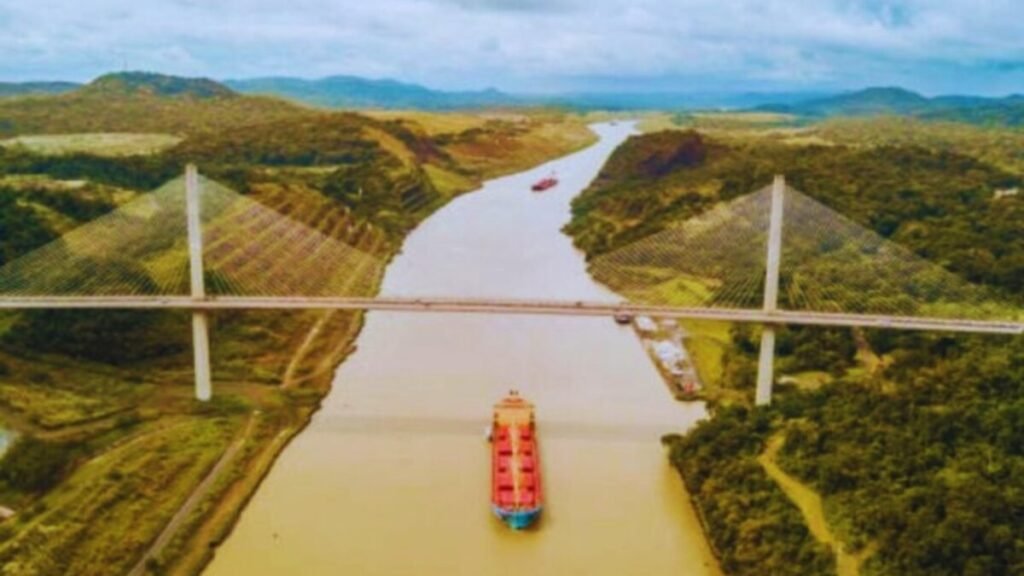The Game-Changing Shift in Latin America: Europe Left Behind!

The region witnessed a shift in power dynamics at the beginning of the 20th century, highlighting the importance of strategic maneuvering over outright warfare. In a pivotal event, local leaders demonstrated that they could assert their independence without relying on European powers for protection.
When the Canal became a power scenario
In 1903, the Panama Canal was a symbol of global connectivity, controlled by France. However, regional leaders saw this as a threat to their autonomy. With diplomatic support, Colombia was separated, and the independence of Panama was declared, thwarting any potential French control over the canal.
The 40 million that sealed the deal
A key financial move solidified the shift in power dynamics, as Panama was able to secure control of the canal. This marked a significant transition in global management of a crucial economic resource.
Consequences for the region
The repercussions of these strategic maneuvers were far-reaching:
– France lost any chance of reclaiming influence over the canal.
– Panama demonstrated its ability to make decisions on the international stage.
– Control of the canal fell into the hands of those aligned with regional interests.
– Latin America strengthened its position against European powers and forged closer ties with the United States.
The Panama Canal episode was not just a historical footnote; it exemplified how strategic thinking and alliances could shape a nation’s destiny and assert its sovereignty on the global stage, leaving a lasting impact on the region.







